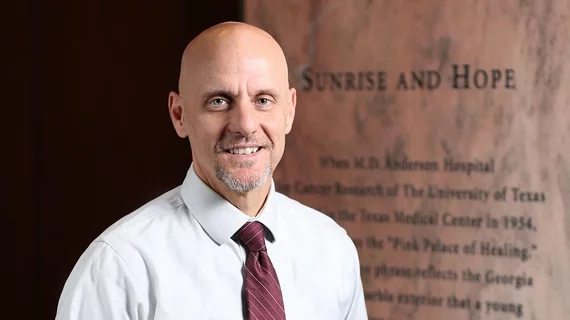Senate confirms radiation oncologist as the next FDA chief
Stephen Hahn, MD, a trained radiation oncologist, is the new commissioner of the Food and Drug Administration following approval from the U.S. Senate on Thursday, Dec. 12.
He’ll be tasked with leading the agency that regulates everything from electronic cigarettes to approving new imaging devices. His appointment comes at a time of increased scrutiny of the agency, with bipartisan calls to address an epidemic of youth vaping.
“We should be grateful that he is willing to take this job at this period of time,” Sen. Lamar Alexander, R-Tenn., head of the committee that oversees the FDA, said Thursday, according to STAT News.
Hahn has served as chief medical executive of the University of Texas MD Anderson Cancer Center since last year, and also teaches at the school. Board certified in both medical and radiation oncology, he specializes in treating lung cancer and sarcoma, having authored more than 200 peer-reviewed articles.
The Senate voted 72-18 to confirm Hahn’s appointment, with some concerned about his refusal to commit to implementing stronger policies regulating flavored e-cigarettes. “That’s a big red flag for me, and why I will be voting against his confirmation,” said Sen. Patty Murray, D-Wash.
Meanwhile, members of the imaging community were quick to praise Hahn’s appointment this week.
“Our support and respect for Dr. Hahn is based on his proven commitment to patients, science-based decision-making, and consumer health and safety. We look forward to his leadership as he steps into this critically important role as FDA Commissioner,” Theodore DeWeese, MD, board chair of the American Society for Radiation Oncology, said in a statement.

